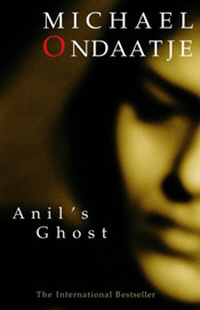Funny Boy is a novel written by Sri Lankan-Canadian author Shyam Selvadurai and published in 1994. The novel is a coming-of-age story set against the backdrop of Sri Lanka's ethnic and political conflicts in the 1970s and 1980s.
The novel's main character is Arjie, a young boy growing up in Colombo, Sri Lanka, who is beginning to understand that he is gay. Arjie is a sensitive and creative child who is drawn to the world of theater and performance. As he begins to explore his own identity and desires, he becomes increasingly aware of the tensions and divisions that define his country's social and political landscape.
Through Arjie's eyes, we see the complex social and cultural dynamics of Sri Lanka, including the ethnic tensions between the Sinhalese majority and the Tamil minority, and the growing political violence that is tearing the country apart. Selvadurai's writing is both poignant and incisive, and he captures the nuances and complexities of Sri Lankan society with great insight.
One of the novel's strengths is Selvadurai's ability to capture the experiences of young people growing up in a society riven by conflict. He captures the sense of uncertainty and fear that permeates everyday life, as well as the courage and resilience that young people demonstrate in the face of adversity. Arjie's journey is both universal and deeply personal, and Selvadurai's writing offers a powerful and nuanced exploration of identity, belonging, and self-discovery.
Funny Boy is a novel about the power of individuality and the importance of embracing one's own identity, even in the face of social and political pressure. Selvadurai's writing is both tender and powerful, and his novel is a moving testament to the enduring power of hope and compassion, even in the darkest of times.





